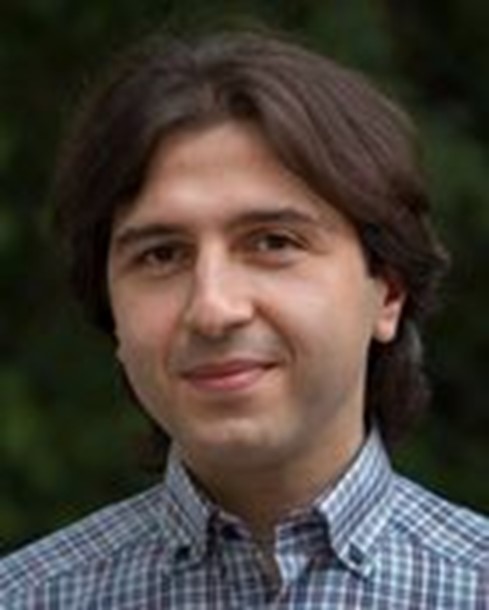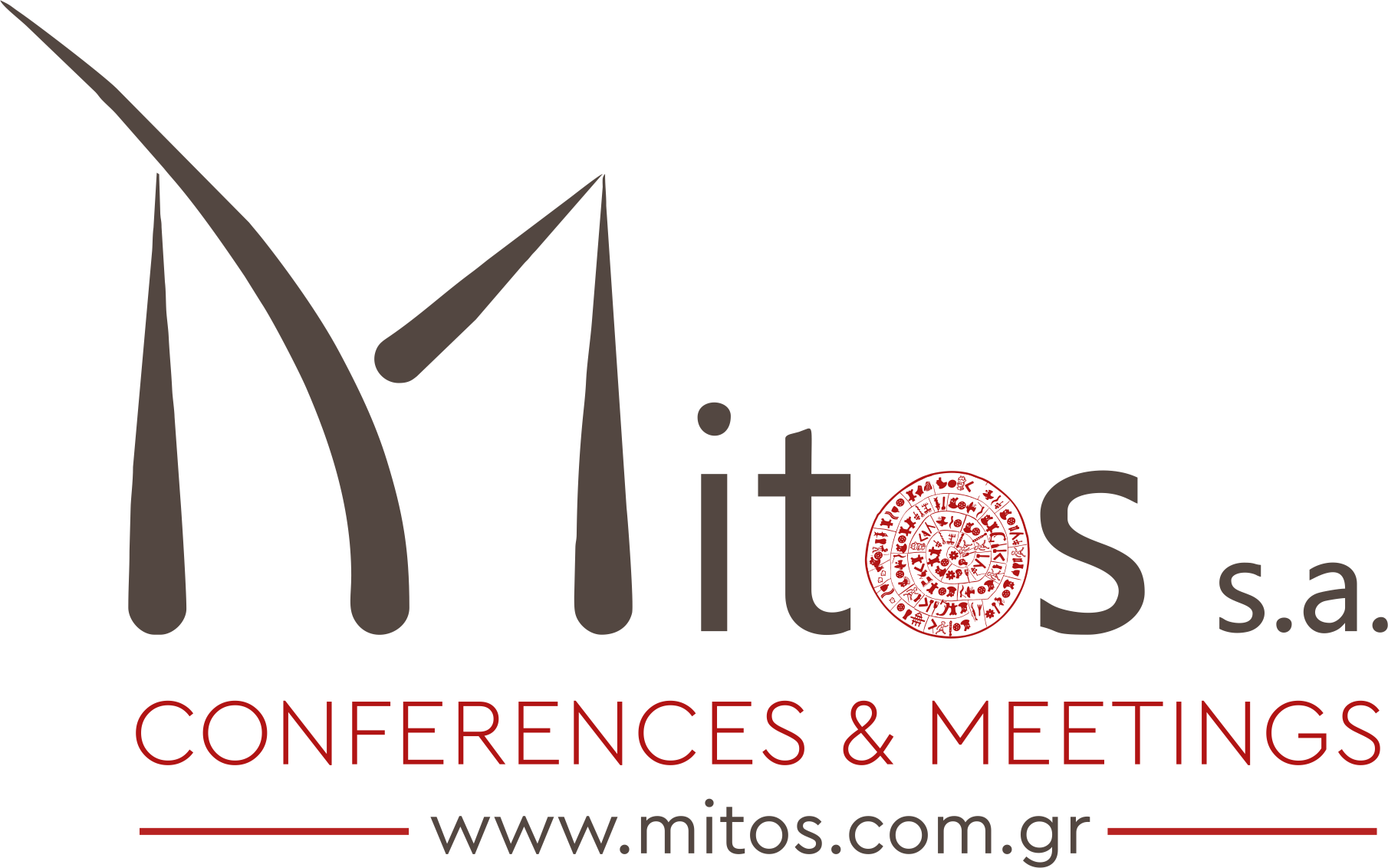INVITED SPEAKERS
Thomas Ernst, CEA-Leti, France
From 3D devices to 3D stacking, next challenges and perspectives
Thomas Ernst is chief scientist and VP research at CEA LETI with responsibility for long term research strategy and partnerships. He received his Electronics Engineering degree, Ph.D. and accreditation for PhD supervision from National Polytechnics Institute of Grenoble (France) in the field of electronics and microelectronics. From 1997 to 2000, he developed advanced SOI CMOS characterisation, physical modelling and circuit-level performance evaluation with STMicroelectronics and CNRS. He then joined CEA-LETI were he led different research projects with industry including SOITEC, STMicroelectronics, IBM, Freescale, NXP, and also a start-up on gas sensing (APIX). He led the team developing the first CMOS 3D-stacked nanowires. Dr. Ernst is author or co-author of over 195 technical journal papers and communications at international conferences. He is author or co-author of 20 patents. He is or was a member of committees of VLSI technology symposium, IEDM (General Chair), ESSDERC, ULIS, ICICDT, DATE conferences, IEEE EDS France. He was a recipient of research grant from the European Research Council (ERC) to develop multi-physics integrated smart systems for sensing application.

Paschalis Gkoupidenis, Max Planck Institute, Germany
Organic neuromorphic electronics for emulating and interfacing biological systems
Paschalis Gkoupidenis has a BSc in Physics from the University of Ioannina (2005), an MSc in Microelectronics from the University of Athens (2007) and a PhD in Materials Science from NCSR “Demokritos”, Athens, Greece (2014). During his PhD, his research focused on ionic transport mechanisms of organic electrolytes. In 2015 he started his postdoc at the Department of Bioelectronics (EMSE, France), where, he worked on the design and development of organic neuromorphic devices based on electrochemical concepts. In 2017, Gkoupidenis joined the Max Planck Institute for Polymer Research (MPIP, Mainz, Germany), and he is currently a Group Leader at the Department of Molecular Electronics. The research in his group focuses on the field of Organic Neuromorphic Electronics.

Hussam Amrouch, TUM, Germany
Brain-inspired In-memory Computing using Ferroelectric Transistors
Hussam Amrouch is a W3 Professor heading the Chair of AI Processor Design at the Technical University of Munich (TUM). He is, additionally, heading the Brain-inspired Computing at the Munich Institute of Robotics and Machine Intelligence (MIRMI). Further, he is the head of the Semiconductor Test and Reliability at the University of Stuttgart. He received his Ph.D. degree with highest distinction (summa cum laude) from the Karlsruhe Institute of Technology (KIT), Germany in 2015. He has around 260 publications (including over 110 articles in many top journals like Nature Communications and Nature Scientific Reports) in multidisciplinary research areas covering semiconductor device physics, circuit design and computer architecture. His research interest is emerging technologies, transistor compact modeling, in-memory computing with a special focus on reliability, and cryogenic circuits for quantum computing.

Florin Ciubotaru, IMEC, Belgium
Spintronic logic gates and circuits
Florin Ciubotaru is a Principal Member of Technical Staff in the Compute and Memory Devices Department at imec where he works on the development of logic, memory and sensor devices based on magnetic systems. He obtained a PhD degree in Physics in 2012 from Technische Universität Kaiserslautern and have received the B.Sc. and M.Sc. degrees in Physics from Alexandru Ioan Cuza University, Iasi, Romania. He has co-authored over 60 scientific papers, two granted patents and four pending patent applications. He serves as Associate Editor for IEEE Transactions on Nanotechnology and for IEEE Journal on Exploratory Solid-State Computational Devices and Circuits. He is also a member of the Physics Commission of National Council of Scientific Research of Romania. He is or has been the partner in several EU projects, including SPIDER (hybrid Spin-CMOS computing), MandMEMS (magnetic and micro-electro-mechanical systems for communication technology) and CHIRON (logic elements for spin wave computing).

Georgios Ch. Sirakoulis, DUTh, Greece
Unconventional Computing with Novel Materials: Promises and Challenges
Georgios Ch. Sirakoulis received his Diploma degree – M.Eng. and his Ph.D. in Electrical and Computer Engineering (DECE) from Democritus University of Thrace (DUTh), Greece in 1996, and 2001, respectively. He is Full Professor with tenure since 2012 and head of DECE at DUTh from 2020. He has published more than 160 journal papers, 185 conference papers and 16 guest-editorials and he is co-author of “Handbook of Memristor Networks”, “Memristor-Based Nanoelectronic Computing Circuits and Architectures” in Springer, co-editor of 5 international books by Springer and one by Taylor&Francis and co-author of 35 book chapters. He serves as Senior Editor in IEEE Trans on Nanotechnology, Associate Editor in IEEE Nanotechnology Magazine, IEEE Transactions on AgriFood Electronics, PLOS ONE, Scientific Reports, Microelectronics Journal, Integration, the VLSI journal, International Journal of Parallel, Emergent and Distributed Systems, International Journal of Unconventional Computing and Journal of Cellular Automata and he has been involved in the organization of many international conferences/workshops. His research emphasis is on future and emergent electronic devices, circuits, models and architectures including memristors and quantum cellular automata, beyond CMOS computing devices and circuits and non von Neumann computing architectures, unconventional and bioinspired computation/biocomputation and cellular automata.






.png)